
Наука_и_техника_Ч_1
.pdf
|
1 |
2 |
3 |
4 |
Past |
My friend |
My friend |
My friend |
|
|
was helped |
was being |
had been |
|
|
with his |
helped with |
helped with |
|
|
composition |
his |
his |
|
|
yesterday. |
composition |
composition |
|
|
Вчера |
for 2 hours |
before his |
_ |
|
моему другу |
yesterday. |
mother came |
|
|
помогли |
Вчера |
home. |
|
|
написать |
моему другу |
Моему другу |
|
|
сочинение. |
помогали |
помогли |
|
|
|
писать |
написать |
|
|
|
сочинение |
сочинение |
|
|
|
два часа. |
до прихода |
|
|
|
|
мамы. |
|
Future |
My friend will |
|
My friend will |
|
|
be helped |
|
have been |
|
|
with his |
|
helped with |
|
|
composition |
_ |
his |
_ |
|
tomorrow. |
composition |
||
|
Завтра |
|
by 4 o’clock. |
|
|
моему другу |
|
Моему другу |
|
|
помогут |
|
помогут |
|
|
написать |
|
написать |
|
|
сочинение. |
|
сочинение к |
|
|
|
|
4 часам. |
|
II. Способы перевода глагола-сказуемого
а) сочетанием глагола «быть» с краткой формой прилагательного страдательного залога. Глагол «быть» в настоящем времени не переводиться:
This church was built in 1815. Эта церковь была построена в 1915 году.
б) глаголом несовершенного вида, оканчивающимся на –ся, -сь:
The conference is held in April every |
Конференция проводится в апреле |
year. |
каждого года. |
в) неопределенно-личной формой глагола в действительном залоге в третьем лице множественного числа (при отсутствии действующего
лица): |
|
At our faculty students are trained in |
На нашем факультете студентов |
four specialities. |
обучают по четырем |
|
специальностям. |
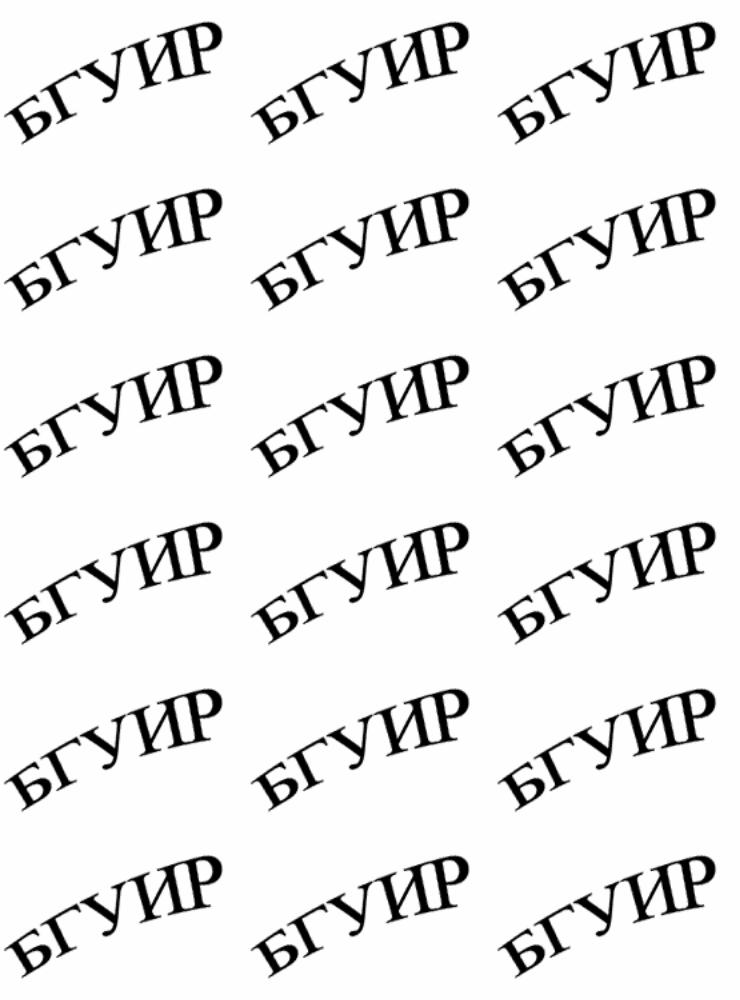
г) личной формой глагола в действительном залоге (при наличие дополнения с предлогом by) Дополнение с предлогом by часто переводится на русский язык подлежащим:
America was discovered by Колумб открыл Америку. Columbus.
Примечания:
1.В английском языке существует ряд глаголов, которые требуют прямого дополнения, т.е. являются переходными, в то время как соответствующие глаголы в русском языке являются непереходными. Такие глаголы переводятся глаголами с предлогами.
to follow – следовать (за)
to address – обращаться (к кому-либо) to influence – влиять (на)
to attend – присутствовать (на) to affect – влиять (на)
и др. |
|
Yesterday the lecture was attended |
Вчера на лекции присутствовали |
by a few students. |
несколько студентов. |
2.Некоторые глаголы могут иметь два объекта. Примерами таких глаголов являются include, buy, give, land, offer, promise, sell, take, promise, send.
Существуют 2 способа употребления этих глаголов в страдательном залоге:
a)Karen was given a present by Peter;
b)A present was given to Karen by Peter.
3.Выражение to be born - форма страдательного залога, но не имеет на самом деле значения страдательного залога.
I was born in Uruguay. |
Я родился в Уругвае. |
4.Have something done
-Мы употребляем выражение Have something done, когда обслуживающий персонал (например, плотник, механик и др.) выполняет для нас какой-либо вид работ.
-Have может использоваться в любом времени.
We had our houses painted last year.
I’m having my car serviced tomorrow.
I’ve had my room decorated.
5.- Мы также употребляем Have something done, когда происходит неприятное событие.
She had house broken into.
Tim had his arm broken playing rugby.
III. Способы перевода подлежащего
Подлежащее английского предложения со сказуемым в страдательном залоге на русский язык переводится:
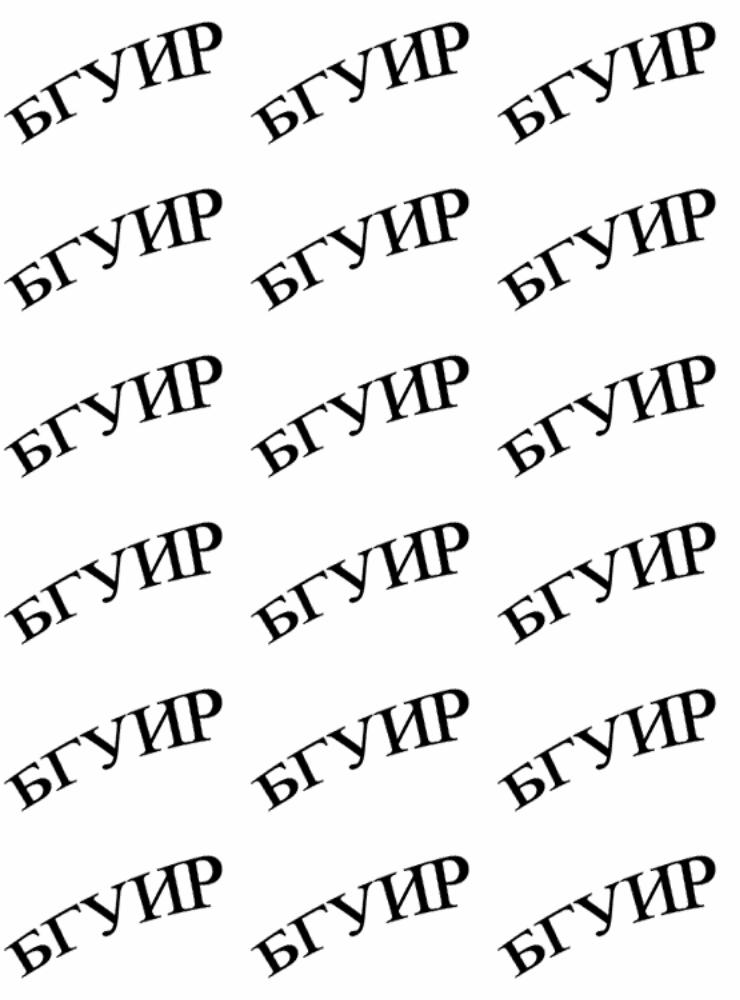
а) существительным (или местоимением) в именительном или винительном падежах (когда после сказуемого стоит косвенное или предложное дополнение):
A parcel has just been delivered to Mrs. Green.
Посылка была только что доставлена, миссис Грин. Посылку только что доставили, миссис Грин;
б) существительным (местоимением) в дательном падеже (когда после сказуемого стоит прямое дополнение):
We were brought the bill. Нам принесли счет;
в) предлогом, стоящим после глагола в страдательном залоге и не относящимся к следующим за ним словам; при переводе на русский язык ставится перед тем словом, которое в английском языке является
подлежащим: |
|
He is often spoken about. |
О нем часто говорят. |
I. . Complete each sentences with a passive verb and translate it into Russian.
1.The police questioned George. – George was questioned by the police.
2.Millions of people watch this programme. – This programme _____ by millions of people.
3.They will finish our new house at the end of the month. – Our new house _____ at the end of the month.
4.They have elected a new president. – A new president _____.
5.They are rebuilding the damaged stadium. – The damaged stadium
_____.
6.They have closed the mountain road. – The mountain road _____.
7.Students write most of this magazine. – Most of this magazine _____ by students.
8.A burglar stole my television. – My television _____ by a burglar.
9.Somebody will meet you at the bus-station. – You _____ at the busstation.
10.United won the cup last year. – Last year the cup _____ by United.
II. Underline the errors in these sentences. Rewrite each sentence and translate it into Russian.
1.Many pet dogs are losing every year. – Many pet dogs are lost every year.
2.The ill man was been taken to hospital.
3.A new bridge is be built across the river.
4.All the food at the party was ate.
5.Nothing will being decided before next Saturday.
6.The meeting is holding every Friday.
7.This book was writing by Sam’s father.
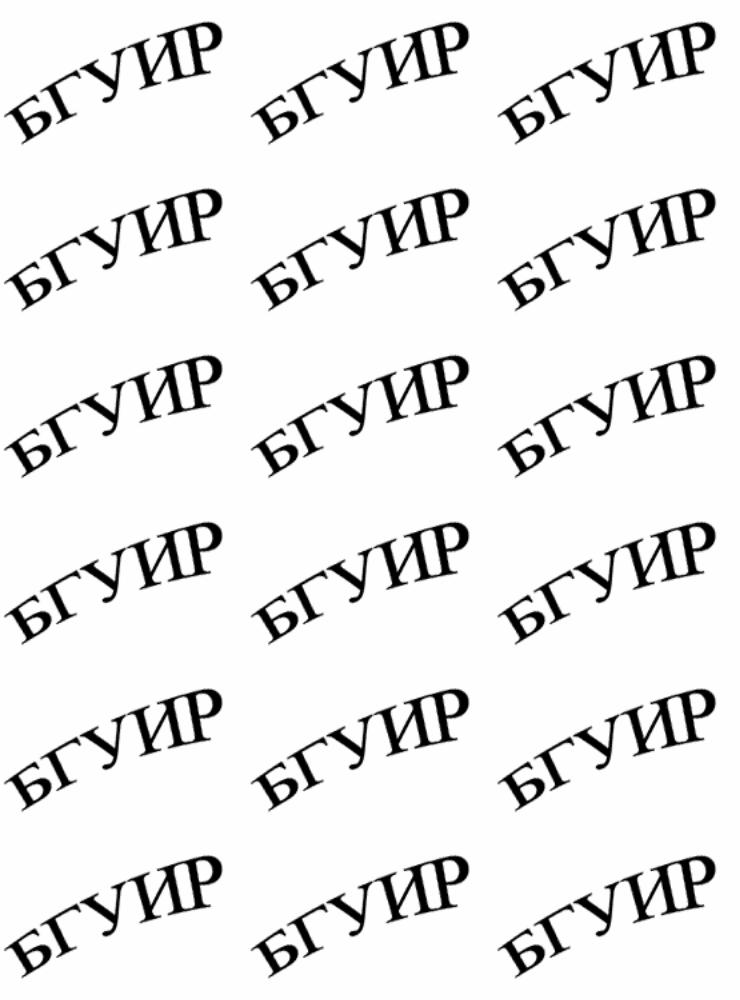
III. Rewrite each sentence with a passive verb, and so that the names of people are not mentioned.
1.The authorities have closed the casino. – The casino has been closed.
2.Someone broke into the flat last week.
3.People all over the world speak English.
4.The authorities have opened the new swimming-pool.
5.Someone left this purse in the classroom yesterday.
6.The city council has banned traffic from the city centre.
7.The clubs have postponed the match.
IV. Choose the correct word or phrase underlined in each sentence.
1.I’m having my hair/cut/to cut tomorrow.
2.The children were took/taken/taking to the seaside for the day.
3.I was sending/sent/send here by the manager.
4.Kate is having her car services/servicing/serviced tomorrow.
5.Sue had her windows breaking/broken/broke by vandals.
6.David has been offer/offering/offered a new job in Brazil.
7.Where exactly were you born/did you born/did you bear?
8.I’ve just had my like repaired/repair/repairing.
V. Rewrite each sentence beginning and ending as shown.
1.Someone stole Bob’s bike. – Bob had his bike stole.
2.John lent me this book. – This book _____ John.
3.The dentist took out one of my teeth yesterday. – Yesterday I _____
out.
4.Cairo is my place of birth. – I _____ in Cairo.
5.A rock concert ticket was sold to me by a friend. – I was _____ by a friend.
6.Someone broke into Tom’s house last week. – Tom had _____ last week.
7.When is your date of birth? – When exactly _____ born?
8.My parents gave me this ring? – I _____ parents.
|
Unit V |
|
Electricity: Energy of the Future |
|
Vocabulary Study |
|
Word List |
Nouns and noun phrases |
|
advance |
продвижение, успех, прогресс |
appearance |
появление |
appliance |
приспособление, прибор |
application |
применение |
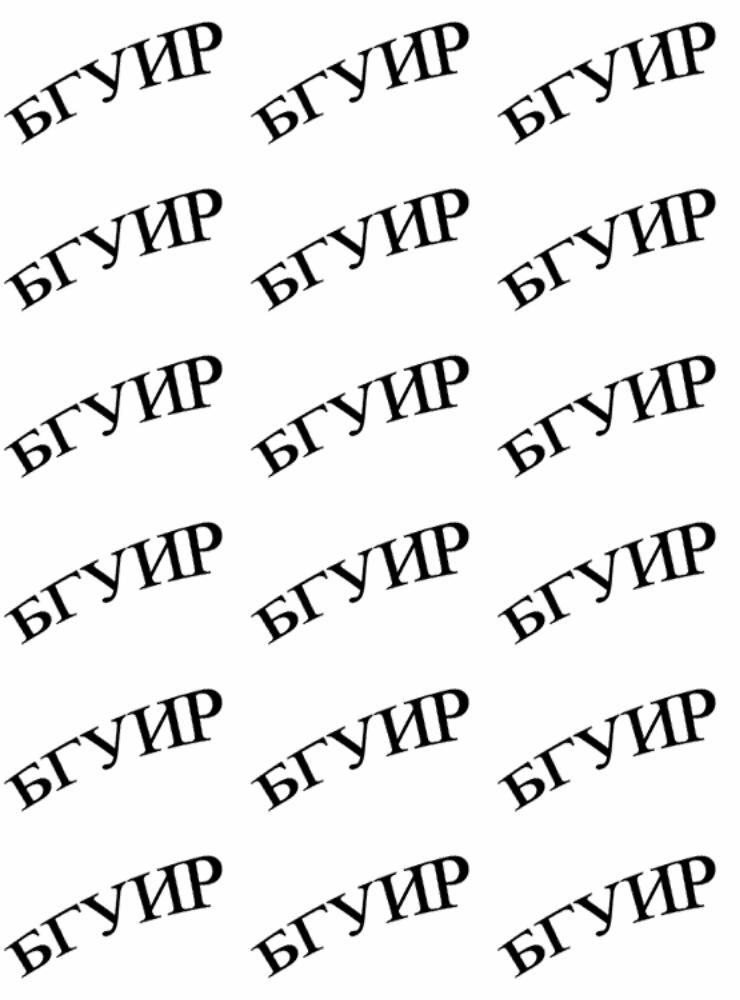
beam |
луч, пучок |
cable |
кабель |
cycle |
цикл |
device |
устройство, аппарат, прибор |
gear |
шестерня, зубчатая передача |
health |
здоровье |
in the case of … |
в случае … |
labour |
труд, работа |
mankind |
человечество |
property |
свойство, качество |
pulley |
шкив, блок, ворот |
range |
сфера, зона, амплитуда |
research |
(научное) исследование |
source |
исток, источник |
workshop |
мастерская, цех |
Adjectives |
действенный, эффективный |
efficient |
|
evident |
очевидный, ясный |
expensive |
дорогой (о цене) |
specific |
особый, особенный, характерный |
successful |
успешный |
universal |
всеобщий, универсальный |
various |
разный, разнообразный |
wide |
широкий |
Verbs |
заряжать, загружать |
charge |
|
consume |
потреблять |
cover |
покрывать, охватывать |
design |
проектировать, конструировать |
double |
удваивать |
imagine |
представлять, воображать |
improve |
улучшать(ся), совершенствовать(ся) |
invent |
изобретать |
light (lit) |
освещать, зажигать |
provide |
снабжать, обеспечивать |
realize |
представлять себе, осуществлять |
reduce |
понижать, сокращать |
replace |
заменять, замещать |
save |
беречь, экономить |
set up |
воздвигать, устанавливать |
support |
поддерживать, подкреплять |
transform |
преобразовывать |
turn |
поворачиваться, обратиться |

I. Read and translate the following words. Arrange them into the groups: a) with one stress or stress on the first syllable; b) with the stress on the second syllable; c) with two or more stresses.
Pollute, natural, panel, solar, consider, non-traditional, advantage, photoelectric, expensive, tunnel, consumption, thermal-chemical, civilization, population, motorway, photocopying, power, accumulate, during, remain, electrometallurgy, environment, battery, lighting, individual, therefore, sunpowered, unlimited, mechanical, hydraulic, geothermal, transformation, concentrate, enough, area, supply.
II. Match the words on the left with the definitions on the right.
1) |
motor |
a) place from which something comes or is got |
|
2) |
device |
b) cause to exist or occur, produce |
|
3) |
beam |
c) create or design (sth not existing before) |
|
4) |
technology |
d) make less, make smaller in size, number, |
|
5) |
invent |
|
degree, price |
6) |
research |
e) change the shape, appearance, quality or |
|
7) |
source |
|
nature |
8) |
power |
f) |
something thought out, invented or adapted, |
9) |
generate |
|
for a specific purpose |
10)reduce |
g) investigation undertaken in order to discover |
||
|
|
|
new facts |
|
|
h) study, mastery and utilization of manufacturing |
|
|
|
|
and industrial methods |
|
|
i) |
device which imparts or utilizes power (esp |
|
|
|
electric power) to produce motion, but not |
|
|
|
used of a steam engine |
|
|
j) |
ray or stream of light |
|
|
k) |
strength; force |
III. Choose:
a)a noun
1.a)invent; b)inventor; c)inventive; d)invention.
2.a)transform; b)transformer; c)transformation; d)transformed.
3.a)generator; b)generative; c)generate; d)generation.
4.a)pollutant; b)pollute; c)pollution; d)polluter.
b)a verb
1.a)operation; b)operator; c)operate; d)operating.
2.a)apply; b)appliance; c)applicable; d)application.
3.a)indicator; b)indicate; c)indication; d)indicative.
4.a)producer; b)productive; c)produce; d)product.
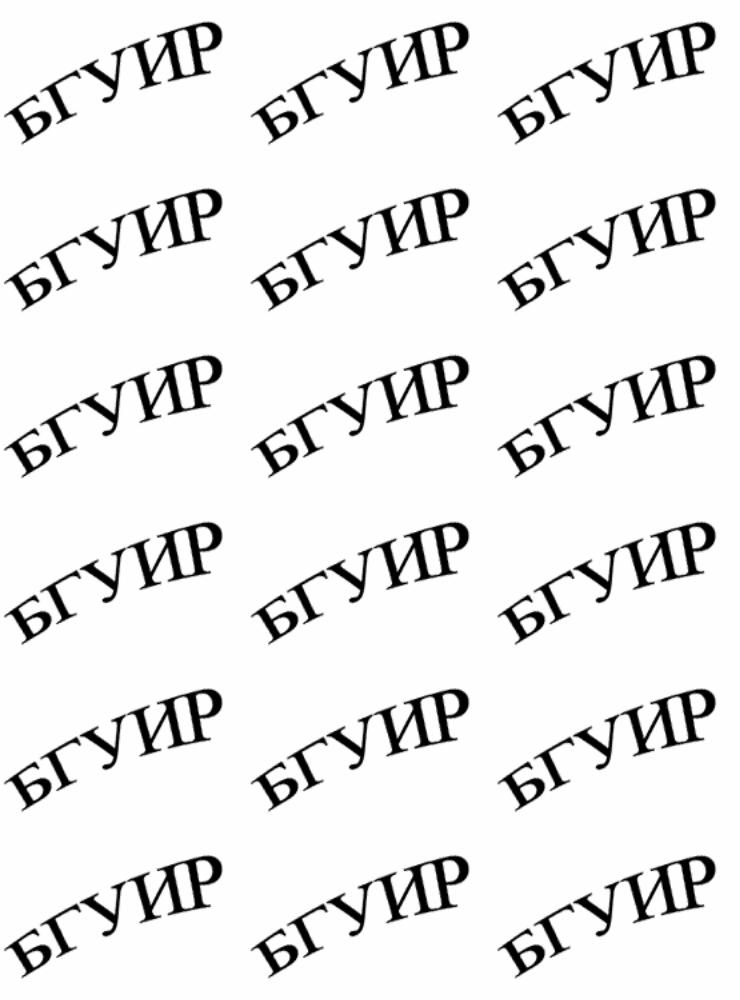
c)an adjective
1.a) effect; b) effective; c) effectiveness; d) effectively.
2.a) vary; b) variation; c) variety; d) various.
3.a) possibility; b) possibly; c) possible; d) impossible.
4.a) power; b) powerful; c) powerless; d) powerfully.
d)an adverb
1.a) intensive; b) intensity; c) intensively; d) intensify.
2.a) mechanics; b) mechanic; c) mechanize; d) mechanically.
3.a) economy; b) economical; c) economist; d) economically.
4.a) warm; b) warmth; c) warmly; d) warmish.
IV. Define the meaning of the “x” words.
1) provide: provider
обеспечивать: x (снабженец, поставщик)
2)induce: induction
индуктировать: x
3)accumulate: accumulator
накапливать: x
4)transmit: transmission
передавать: x
5)consume: consumer
потреблять: x
6)reduce: reduction
сокращать: x
7)design: designer
проектировать: x
8)improve: improvement
улучшать: x
9)apply: application
применять: 10)combine: combination
комбинировать: x
11)populate: population
населять: x
12)operate: operator
управлять, работать: x
V. Make adjectives from the following nouns by adding the suffixes: -al, -ful, -ic and translate them into Russian.
Industry, success, universe, economy, nature, part, power, tradition, metallurgy, theory, digit, use, logic, electricity, structure, hope, idea, form, skill, science, profession, physics, experiment, help, practice
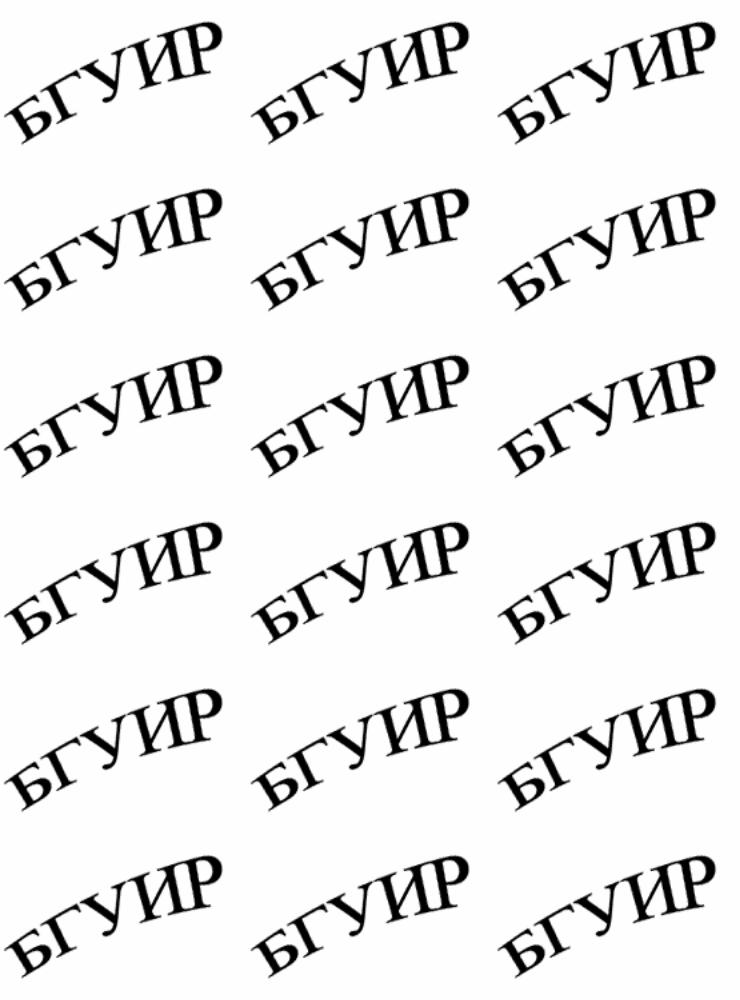
VI.Arrange the words with similar meaning of the two groups in pairs.
a)reduce, various, advance, property, application, device, latest, power, enable, reach, transform, longstanding, research, supply
b)turn to, make it possible, use, achieve, old, appliance, most recent, energy, different, investigation, progress, quality, provide, lower.
VII.Match the words with their opposites, like the example:
usual |
unusual |
a) future |
1) save |
b) unlimited |
2) narrow |
c) with |
3) backward |
d) waste |
4) increase |
e) necessary |
5) worsen |
f) wide |
6) past |
g) cover |
7) disappear |
h) consume |
8) limited |
i) reduce |
9) produce |
j) improve |
10) vague |
k) expensive |
11) unnecessary |
l) advanced |
12) discharge |
m) appear |
13) without |
n) evident |
14) discover |
o) charge |
15) cheap |
VIII. Match the verbs from «a» with the nouns from «b».
a) develop |
b) consumption |
accumulator |
solar power stations |
solve |
streets |
offer |
energy |
transform |
new appliances |
improve |
wind power |
need |
a problem |
replace |
the efficiency of… |
light |
transmission shafts |
charge |
a new source of |
design |
energy |
double |
service |
|
a battery |
IX. Complete the sentences with the words given below.
1. Electricity has many useful…: it is clean and…no by-products. 2.The latest laser devices have found…in medicine. 3. The…of electricity has doubled
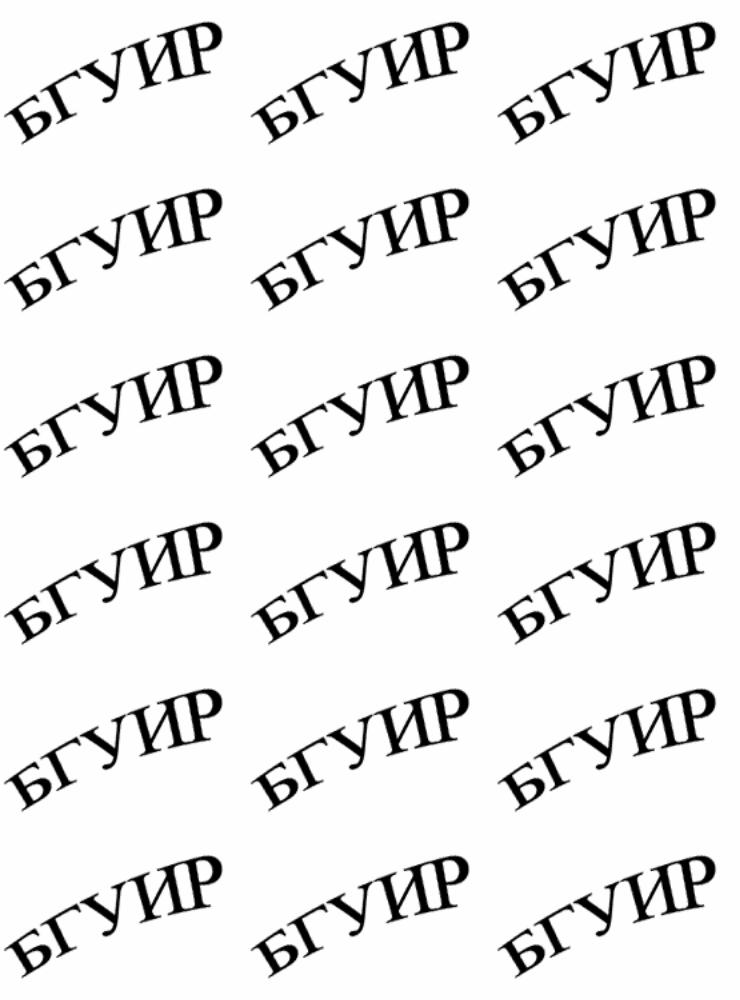
every ten years. 4. We have many various electric…in our houses. 5. The generator…batteries that had been used before. 6. That electricity is clean and easily-regulated is its great…. 7. Our lives have been completely transformed with…of electricity. 8. A combination of electric lines and networks are being…throughout the country. 9. Electric power has become…. 10. The…of nation development is how much electricity is consumed per capita.
Advantage, appliances, universal, set up, appearance, indicator, replaced, application, properties, consumption, generates.
X.Translate into English.
Эффективное применение этого устройства, проектировать новую электростанцию, снижать потребление энергии, заряжать аккумулятор, универсальные свойства, очевидный успех, улучшать здоровье людей, устанавливать линии связи, заменять старые источники энергии, осуществлять международный проект, экономить ресурсы, дорогие приборы, преобразовывать одни виды энергии в другие, совершенствовать электрогенератор, появление новых нетрадиционных источников энергии.
A.Text Study
I.Look at the title. What do you think this reading will be about?
Text A
ELECTRICITY
It is impossible to imagine our civilization without electricity: economic and social progress will be turned to the past and our daily lives completely transformed.
Electrical power has become universal. Thousands of applications of electricity such as lighting, electrochemistry and electrometallurgy are longstanding and unquestionable.
With the appearance of the electrical motor, power cables replaced transmission shafts, gear wheels, belts and pulleys1 in the 19th century workshops. And in the home a whole range of various time and labour saving appliances2 have become a part of our everyday lives.
Other devices are based on specific properties of electricity: electrostatics in the case of photocopying machine and electromagnetism in the case of radar and television. These applications have made electricity most widely used.
The first industrial application was in the silver workshops in Paris. The generator – a new compact source of electricity – was also developed there. The generator replaced the batteries and other devices that had been used before.
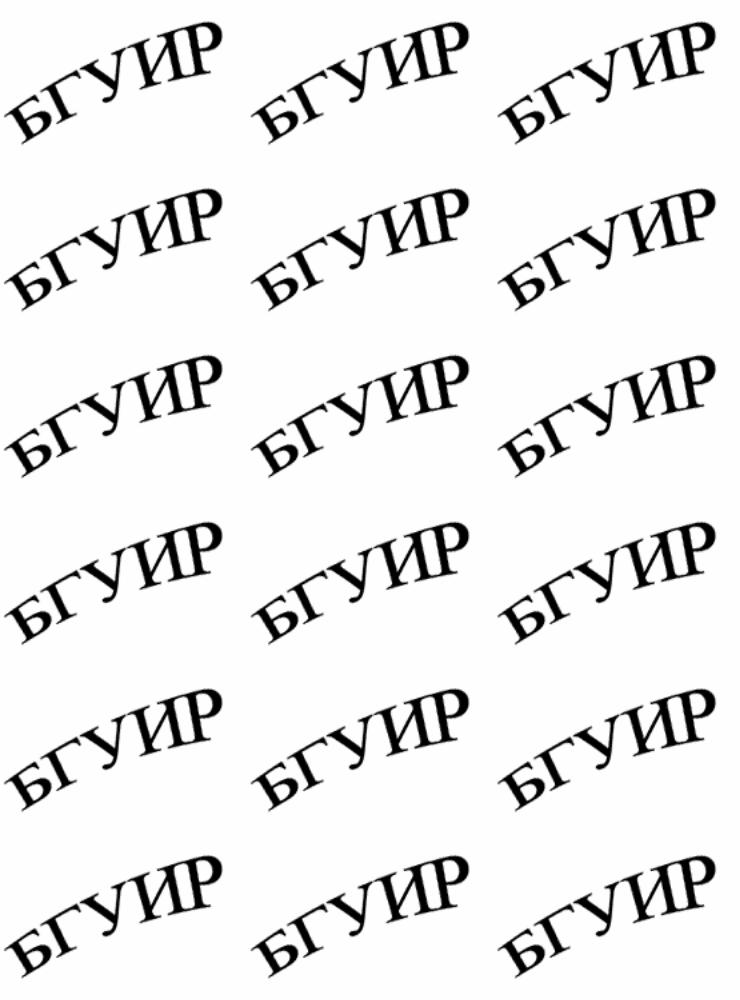
Electric lighting came into wide use at the end of the last century with the development of the electric lamp by Thomas Edison. Then the transformer was invented, the first electric lines and networks were set up, dynamos and induction motors3 were designed.
Since the beginning of the 20-th century the successful development of electricity has begun throughout the industrial world. The consumption of electricity has doubled every ten years.
Today consumption of electricity per capita4 is an indicator of the state of development and economic health of a nation. Electricity has replaced other sources of energy as it has been realized that it offers improved service and reduced cost.
One of the greatest advantages of electricity is that it is clean, easilyregulated and generates no by-products5. Applications of electricity now cover all fields of human activity from house washing machines to the latest laser devices. Electricity is the efficient source of some of the most recent technological advances such as the laser and electron beams. Truly6 electricity provides mankind with the energy of the future.
Notes to the Next
1)transmission shafts, gear wheels, belts and pulleys – трансмиссионные валы, зубчатые колёса, ремни и блоки
2)time and labour saving appliances – электроприборы, экономящие время и труд
3)induction motors – индукционные моторы
4)per capita – на душу населения
5)by-products – побочные продукты
6)truly – поистине
II. Read the text again carefully and answer the questions.
1.Why is it simply impossible to imagine our civilization without electricity?
2.What industrial applications of electricity do you know?
3.What home applications of electricity can you recollect?
4.Where was the generator developed?
5.What devices did the generator replace?
6.Who invented the electric lamp?
7.Do you know who invented the dynamo?
8.When did the successful development of electricity begin?
9.What does the consumption of electricity per capita indicate today?
10.Why has electricity replaced other sources of energy?
11.What spheres of human activity do applications of electricity cover?
12.What recent technological advances does electricity provide?
